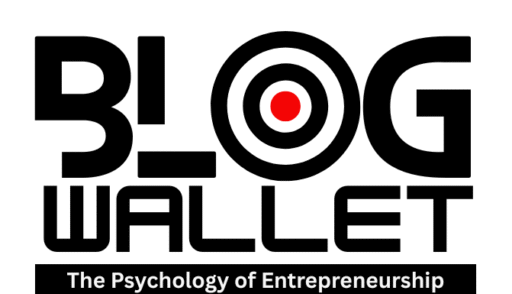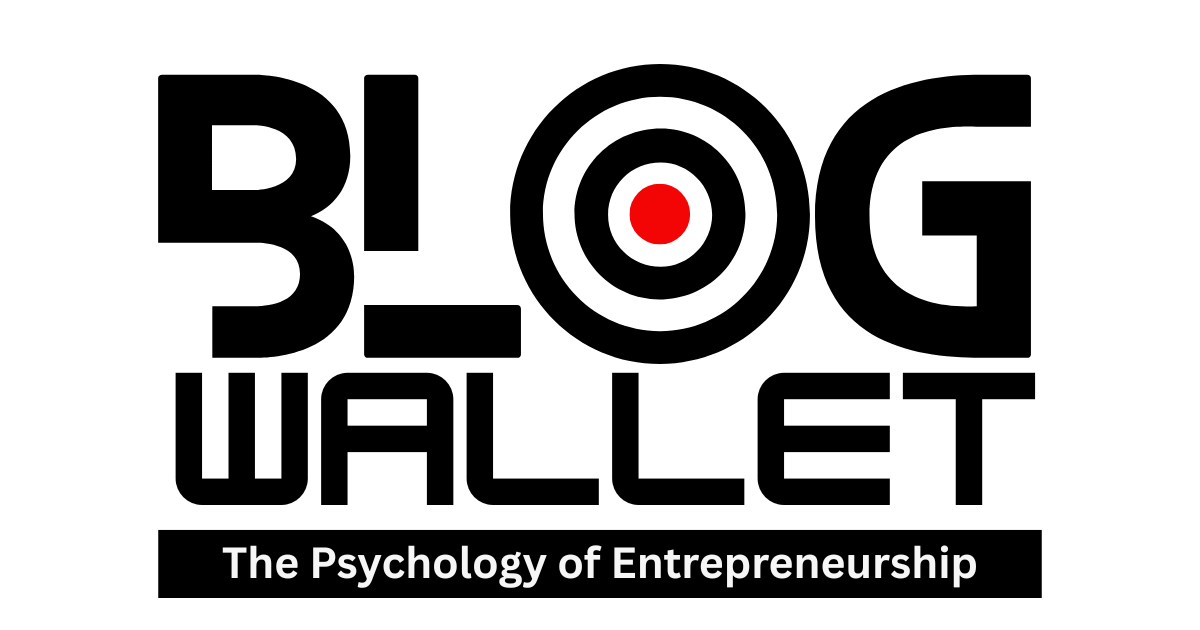Critical Thinking Exercises That Fix Real Problems
# Critical Thinking Exercises That Address Real Problems
## Introduction to Critical Thinking in Business
Critical thinking is not merely an intellectual exercise reserved for the exceptionally gifted. It is an essential skill that serves as a lifeline for businesses, side projects, and entrepreneurial ventures. My experiences in building BlogWallet and Radio Facts from the ground up have taught me invaluable lessons about the importance of critical thinking. I have faced numerous challenges and made mistakes along the way, but each lesson has reinforced the necessity of this skill in navigating the complex landscape of business.
## The Importance of Strategic Thinking
When I launched Radio Facts 27 years ago, I mistakenly believed that hard work and networking were sufficient for success. However, I quickly learned that business requires a strategic approach akin to playing chess rather than checkers. Each decision carries weight and can significantly impact long-term outcomes. I made several choices based on instinct rather than careful analysis, leading to costly mistakes. For instance, I once attempted to expand the business without adequate capital or a competent team, which resulted in failure.
Additionally, I experienced the repercussions of trusting informal agreements over formal contracts, such as when a $15,000 check bounced due to a lack of due diligence. These experiences underscored the importance of asking difficult questions, particularly of oneself. Critical thinking involves rigorous self-assessment and a commitment to making informed decisions.
## Understanding Your Value
Recognizing and asserting your worth is not merely a motivational phrase; it is a fundamental aspect of critical thinking. Throughout my career, I have learned the importance of accurately assessing my value and advocating for it. This lesson was particularly evident during my time at KACE and while navigating the challenges of Urban Network.
There was a period in my life when I relied on food stamps, but I transitioned from that situation to running my own business in Los Angeles. This journey was not solely about hard work; it was also about understanding my value and refusing to allow others to dictate it. The market, clients, and even acquaintances may attempt to undervalue you, but it is crucial to resist this pressure. Critical thinking is about recognizing your worth in the marketplace and leveraging it effectively.
## Building a Supportive Network
Surrounding yourself with individuals who elevate you is vital for success. Hiring friends or surrounding yourself with those who merely agree with you can lead to disastrous outcomes. I have experienced this firsthand, and it has taught me the importance of evaluating the contributions of those in my professional circle.
It is essential to consider not only the skills of your associates but also their mindset and ability to challenge you. Toxic individuals can hinder your progress and detract from your goals. I learned that not everyone who supports you during favorable times will remain when challenges arise. It is essential to cultivate a network of individuals who are genuinely invested in your success, as anything less can become a burden.
## Embracing Setbacks as Opportunities
Sometimes, what appears to be a setback may actually be an opportunity in disguise. Throughout my journey, I have encountered numerous instances where what seemed like a failure turned out to be a pivotal moment of growth. For example, during a particularly challenging period with Radio Facts, I faced mounting bills and dwindling advertiser interest. Instead of succumbing to despair, I took a step back to critically evaluate my situation. This reflection led me to the creation of BlogWallet, which opened doors I had never considered.
## The Cycle of Critical Thinking
Critical thinking is not a one-time effort; it is an ongoing process. It involves a cycle of thinking critically, taking action, reflecting on the outcomes, and repeating the process. This cycle is what distinguishes successful entrepreneurs from their less successful counterparts.
Having faced numerous challenges and made difficult decisions, I can attest to the importance of critical thinking in every aspect of business. From evaluating your value proposition to assessing the quality of your professional relationships, critical thinking can safeguard both your business and your mental well-being.
## Conclusion
In conclusion, the practice of critical thinking is essential for navigating the complexities of entrepreneurship. It requires a commitment to self-reflection, strategic decision-making, and the cultivation of a supportive network. By embracing this mindset, you can transform challenges into opportunities and enhance your overall business acumen.
I encourage you to engage in critical thinking as a vital component of your professional journey. It is an invaluable skill that can lead to greater success and fulfillment in your business endeavors.





